How to remove ants from a wooden house
Content
- Insect control methods
- Professional tools
- Ant gels
- Smells scaring ants
Wooden houses attract insects by the presence of mold, fungi, a large abundance of food, a variety of options where you can build a nest. The most dangerous ants in the log house - wood borers. They use wood as food, building material. Over time, turn the log into dust,undermining the reliability and strength of the building. How to get rid of ants in a wooden house permanently is a matter of particular importance.
First steps to success
At the sight of ants you should not stomp your foot, crush them with your fingers, lay out sticky traps, there is no point in this. Insects that crawl in search of food - working ants that do not have the ability to lay eggs, continue the race. The most important target - uterusis in the nest, anthill. It should be sought.
If ants are bred in a wooden house, it is necessary to treat them with sweets, to observe where they will carry them. These are not hospitality measures, but ways to find out where the nest is.
Ants on the studied route will move to the dwelling. Noticing their trajectory, you can explore the area. The main symptoms are the presence of dust, holes in the logs. The nests have ants between the beams, in the walls, in insulation, wooden furniture, doors, under the plinths.
On a note!
If managed to find anthill, it will be much easier to fight ants. The destroyed nest serves as the basis for the relocation of all tenants to more favorable places.
Methods of struggle
To remove ants from a wooden house can be poisonous substances. Use folk remedies, professional preparations.
Boric acid
At home, prepare the bait of boric acid. The substance is not dangerous for humans, domestic animals, insects when ingested causes paralysis, death for 3 days. The reaction rate depends on the amount of poison that has entered.
The basis is egg yolk, honey, jam, milk-softened cookies, sugar. Laid out bait in places where ants were spotted.
Disinsection
It is possible to fight ants with any insecticide of wide action. Poison causes rapid muscle paralysis, death. To receive a lethal dose, a minimum amount is sufficient. The tool shows high efficiency in case the nest could not be found.
How to treat a wooden house from pests depends on their number. In the presence of a large ant colony, a complete disinsection should be carried out. Preparations are taken in the form of a concentrated emulsion. Prepare the solution independently. Professionals use:
- Minap 22;
- Tetrix;
- Executioner;
- Geth;
- Sinusan;
- Effective ultra.
The solution is poured into a spray bottle or a bottle with a spray. In the position of an outstretched hand, the walls, the floor, the furniture, all the wooden structures are treated. If the ants bred in the village, holiday home, you can leave a closed room for exposure for a week. In other cases, after 2 hours should be well ventilated, washed in places where possible contact of hands.
Attention!
To carry out the procedure is necessary in personal protective equipment, be sure to use a respirator. In case of violation of the instructions, the drug causes poisoning with the terrible consequences of intoxication.
Poison bait
An effective remedy for ants in a wooden house is gel. It consists of a strong insecticide, flavors to attract the attention of insects, flavor additives. It is advisable to use if the location of the nest is unknown, or it is difficult to reach the uterus. Ants in a frame house can get settled in the most unpredictable places, it is not necessary to look for them with gel.
Place the bait dotted in places where ants were seen, signs of their presence - dust, holes in the logs.The drug does not lose its properties within 14 days, begins to act immediately after getting inside. Mass death is observed within a month.
Large ants willingly eat the gel:
- a great warrior;
- Fas;
- Raptor;
- Hacks;
- Zindax Suite;
- Clean house.
Use gel bait inside the house, outside. Since large ants can live outside the building, they can run to the room for food.
Aerosols
The market offers a large selection of ant spray, the most famous of them - Dichlorvos. Convenient use, ease of use, made this tool especially popular. But, it is recommended to apply in the event that the exact location of the nest is known. An anthill is poured with insecticide. A jet under pressure will allow the tool to penetrate deep gaps.
In other cases, it is better to use a concentrated solution. After the spray, a minimal insecticide layer remains on the surface of the tree. Its quantity is not enough to kill an ant, but it is enough for an insect to develop immunity.
Consolidation of the result
After carrying out active measures, it is necessary to ensure a reliable rear, so that a new ant colony would not be able to settle in over time.
It is necessary to seal all the cracks in the wall, the gaps between the logs, in the window sills, under the baseboards. To do everything so that small insects could not penetrate the house.
Since it is difficult to completely isolate the room, you should use deterring agents. To banish uninvited guests better folk remedies.
- Lay out on the perimeter of the house, on the windowsills, for furniture chopped garlic, or whole teeth. Arrows of winter garlic rub the walls.
- Scatter indoors cinnamon. Suitable ground or in sticks. In the latter case, the smell lasts longer.
- In the house, plants are laid out - pharmacy chamomile, peppermint, wormwood bouquets, tansy, and elderberry. In the absence of plants, you can use essential oils. They drip into the water, rub the floor, walls, leave on a saucer.
- Spend general cleaning in the house using a solution of vinegar. A similar effect has ammonia.
If ants have appeared in a wooden house, it is necessary to calculate the anthill, disinsect it, ensure prevention. As insects enter the house from the outside, attention should be paid home plot. Plant mint, calendula on the perimeter of the house, break up the beds with garlic.

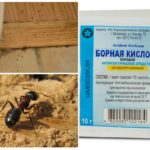
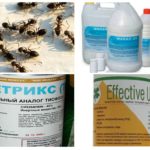
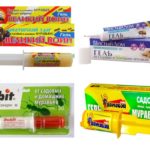

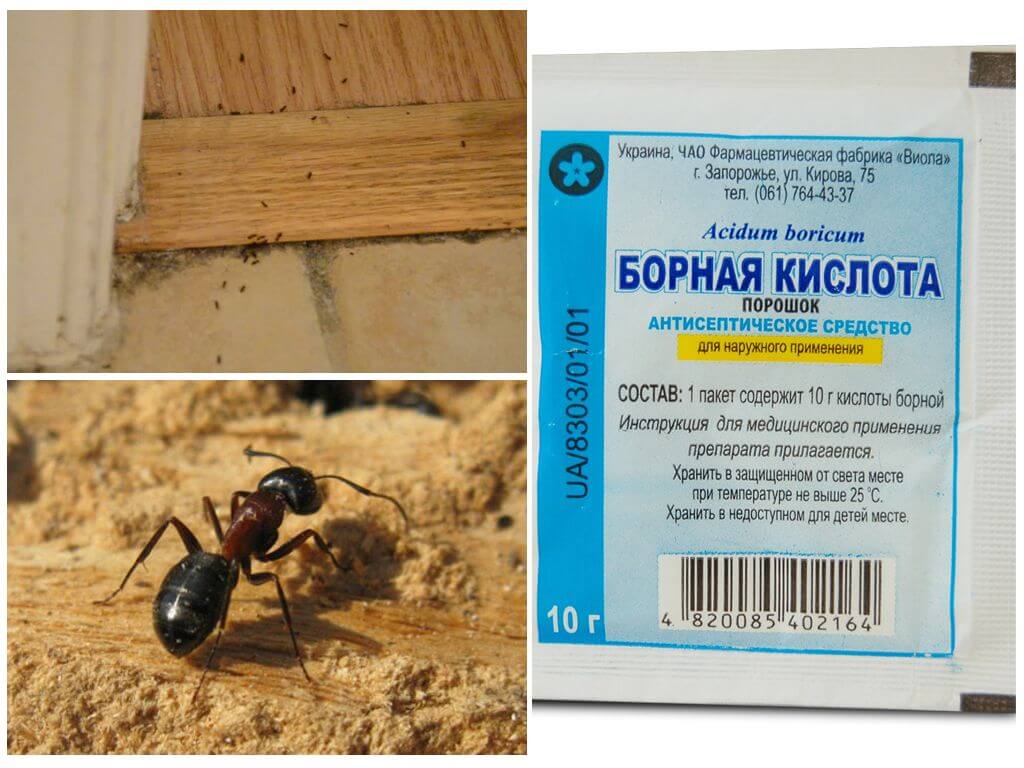
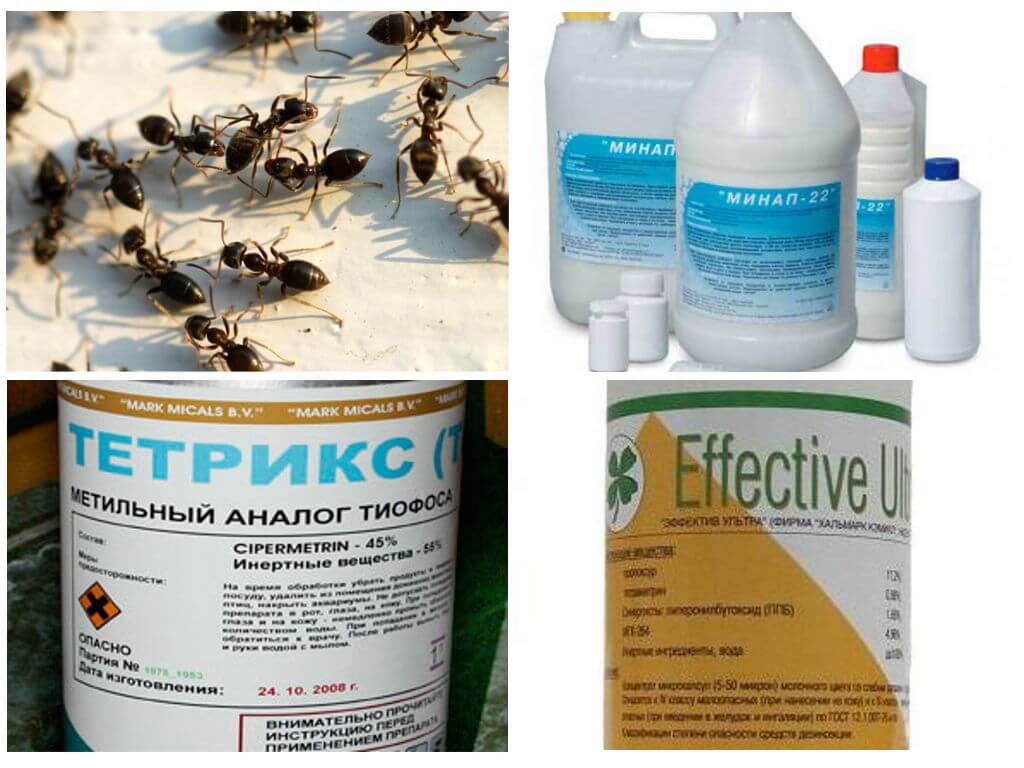
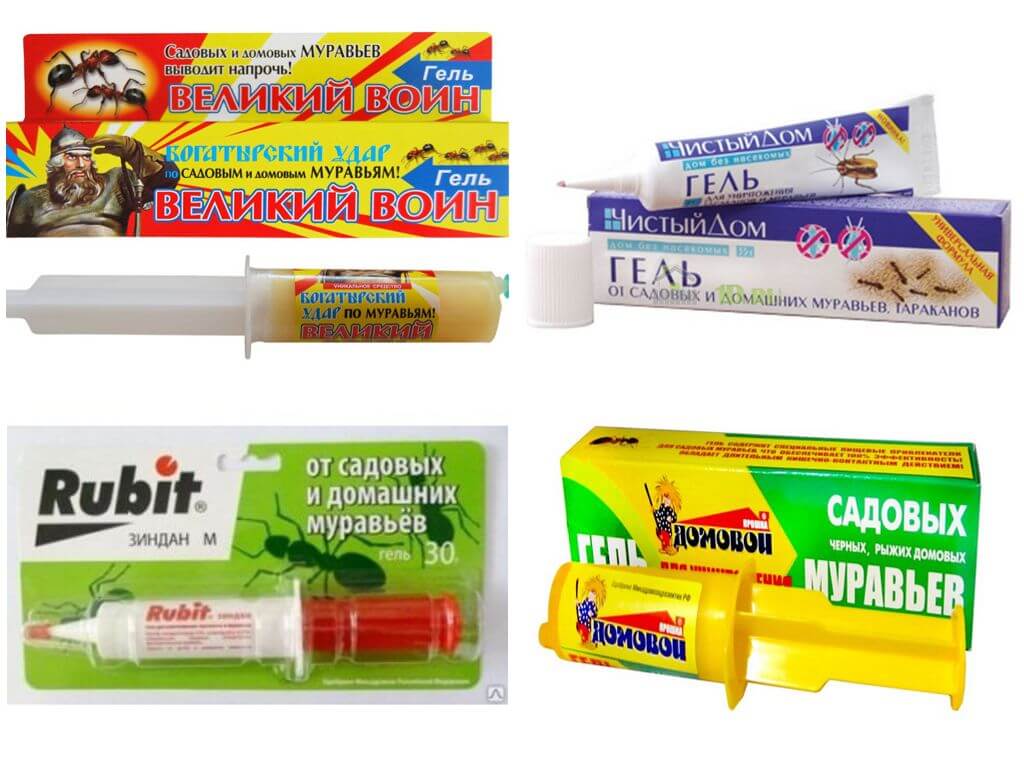


 (votes: 8, average rating: 4.75 out of 5)
(votes: 8, average rating: 4.75 out of 5)


